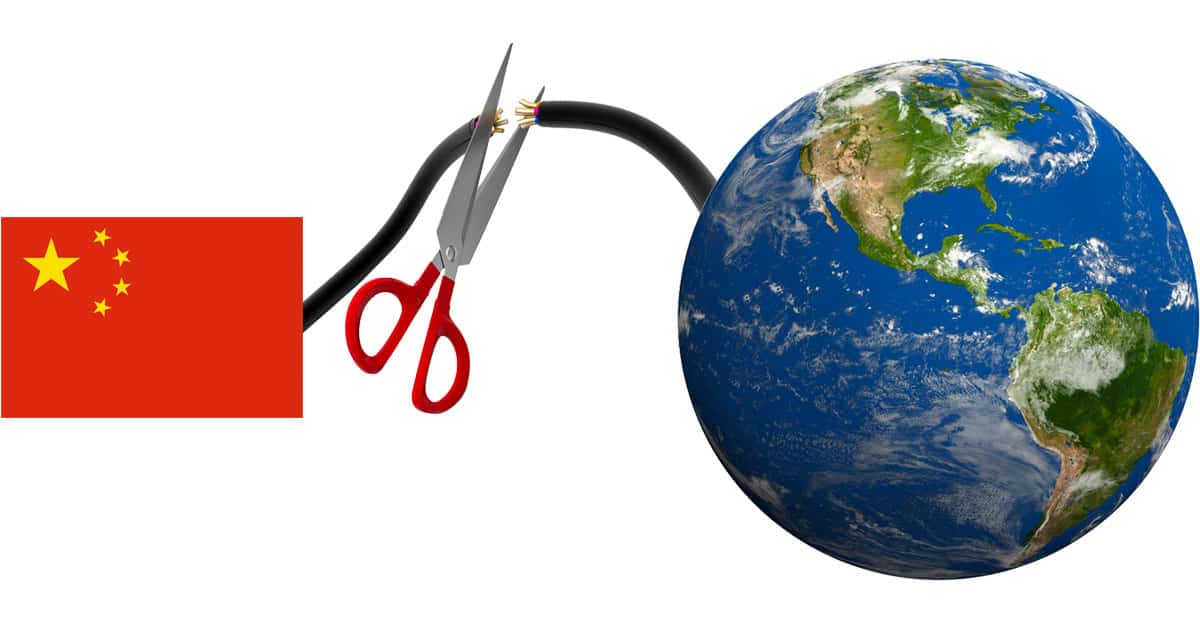Apple has capitulated to China’s internet control laws and removed VPN apps from the App store in the country. The move means iPhone users in China have even fewer resources now to work around China’s extensive internet censorship system.

VPN, or virtual private network, apps create an encrypted link—essentially a protected tunnel—that lets users perform online activities anonymously. Since China’s government can’t see or block the websites its citizens are accessing when they use a VPN they’ve been outlawed in the country.
Apple told developers their VPN apps were removed from the China App Store because it was required to by the country’s law, according to TechCrunch. In essence, China forced Apple to help in its widespread in-country internet censorship campaign.
China’s anti-VPN law puts Apple in an awkward position. While the company supports human rights and is an advocate for protecting privacy, it must also comply with local laws or face serious repercussions which could include blocking the entire App Store in China.
China’s VPN Ban is No San Bernardino
Comparing Apple’s response to China’s anti-VPN law to its fight with the FBI over unlocking a suspect’s iPhone in the 2015 San Bernardino mass shooting is easy to do: Why would Apple capitulate to China when it resisted the FBI?
In the San Bernardino case Apple was given a court order compelling it to create a hackable version of the iPhone operating system. Apple was able to question the legal standing of the court order—which it did—and the FBI found another company to hack into the phone.
In China, Apple is dealing with a law that’s in place and no real legal footing to mount an opposition. Had Apple refused to comply with the law, it faced the possibility of sanctions that could include blocking the App Store in the country, or even prohibiting iPhone sales. That sounds like a disaster that would have shareholders storming Cupertino with pitchforks and torches.
If Apple isn’t comfortable being complicit in helping strip away privacy in China while shoring up the country’s internet censorship efforts it needs to team up with human rights organizations other tech companies and to put pressure on the Chinese government. Maybe that’s part of the reason why Apple just named Isabel Ge Mahe as its managing director for Greater Chinese.
Yeah, there is a lot of money to be made in China, but at what price? To further complicate the situation Apple is pretty much reliant on China for manufacturing and components, a pact with the Devil. Yes I know that I purchase Apple products that are made in China.